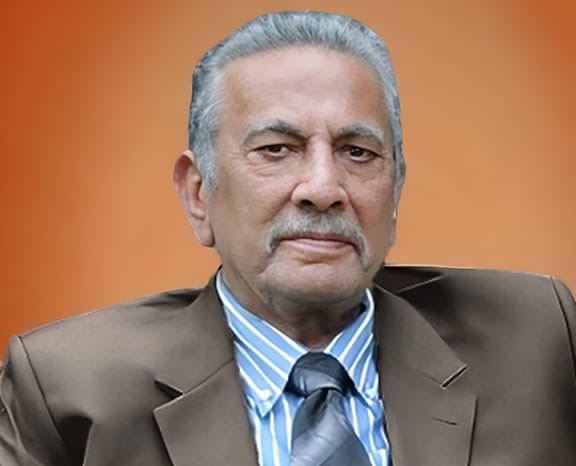Call to end all import and income tax concessions for fair economic play
Islamabad:Renowned business leader and former President of the Islamabad Chamber of Commerce and Industry (ICCI), Shahid Rasheed Butt, has welcomed the federal government’s recent decision to enforce an 18 percent sales tax on goods manufactured in the erstwhile Federally Administered Tribal Areas (FATA) and Provincially Administered Tribal Areas (PATA).
He termed the step a “crucial and long-overdue economic correction” and praised it as an act of fiscal responsibility and national economic justice.
Mr. Butt stated that the imposition of a uniform sales tax across the country will curb misuse of regional tax exemptions that have long distorted the competitive environment. He emphasized that this policy marks a turning point in efforts to eliminate disparities in the taxation system, which have allowed select businesses to exploit legal loopholes for undue advantage.
In a statement issued here today, Shahid Rasheed Butt said the current economic climate calls for tough, fair decisions, especially as Pakistan faces mounting fiscal challenges and ongoing negotiations with the International Monetary Fund (IMF). The new taxation policy is expected to generate over Rs45 billion in the upcoming fiscal year from the formerly exempted regions alone, and this figure could significantly increase if complementary reforms are implemented.
Mr. Butt further argued that it is imperative for the government to withdraw all remaining import and income tax concessions that were initially offered as part of a post-conflict economic support package. “These exemptions may have served their purpose in the past, but they are now a liability,” he remarked. “We must end preferential treatment that benefits a few at the cost of national equity.”
He added that the continuation of such exemptions not only undermines tax collection efforts but also fuels resentment among law-abiding businesses operating in fully taxed regions. “We can no longer afford parallel economies under one federal system,” he said. “Uniformity in taxation is essential to national economic integrity.”
Since the merger of FATA with Khyber Pakhtunkhwa in 2018, the region had been granted tax exemptions under various provisions, including the Finance Act 2024. These were initially justified on humanitarian and development grounds due to the area’s prolonged exposure to terrorism and military operations. However, critics argue that over the years, a parallel supply chain emerged, enabling businesses outside the region to exploit these concessions for profit.
According to Mr. Shahid Rasheed Butt, several traders and manufacturers with no direct link to the tribal areas established proxy operations or supply channels to take advantage of the tax-free environment. “This is not just misuse; it’s a gross injustice to taxpayers elsewhere in the country,” he said.
He stressed the need for strict regulatory mechanisms to accompany the new tax measures. He proposed improved surveillance systems, real-time tracking of goods, and digital documentation to ensure that only legitimate regional manufacturers benefit from any future tax support measures.
“The intention behind the original tax relief was noble; it aimed to rehabilitate a war-torn economy,” Butt acknowledged. “But we must adapt to new realities. The continuation of blanket tax exemptions now serves only to enrich a few opportunists.”
Butt highlighted that the import of raw materials into the tribal areas would remain exempt under the new framework but would now be governed by stricter protocols to prevent smuggling and tax evasion. “We support industrial growth in underdeveloped areas,” he said, “but it should be genuine, verifiable, and within a regulated environment.”
Responding to criticism from some quarters that the tribal areas still lack the infrastructure to absorb full taxation, Mr. Butt said that infrastructure development and fiscal discipline must go hand in hand. “Development should not come at the cost of financial indiscipline,” he said.
He also called on provincial and federal agencies to invest in targeted development in these areas so that taxation and economic uplift proceed simultaneously. “We need a balanced approach; tax justice coupled with development support,” he observed.
Mr. Butt urged the government to stand firm against lobbying by powerful business lobbies that benefit from the current system. He stressed that transparency, fairness, and a level playing field are the pillars on which sustainable economic progress must be built.

